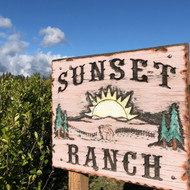“I’ve found our dream home” I said excitedly.
After a decade of buzzing with urban noise and grime, the numbing anonymity of living in a commuter neighborhood, and raising a family in a cramped rental, I was ready to move to the country. Even though our business was right down the street, and despite our opportunities for medical career growth in the Bay Area, we needed to make a change for our sanity. I grew up in the country and wanted that for our kids. Ben grew up in the city but had grown up spending time in the foothills and high Sierra. I spent the last few night shift rotations in residency combing property listings from Mariposa county to Eugene, Oregon, hunting for the right home, bioregion, and community to put down new roots.
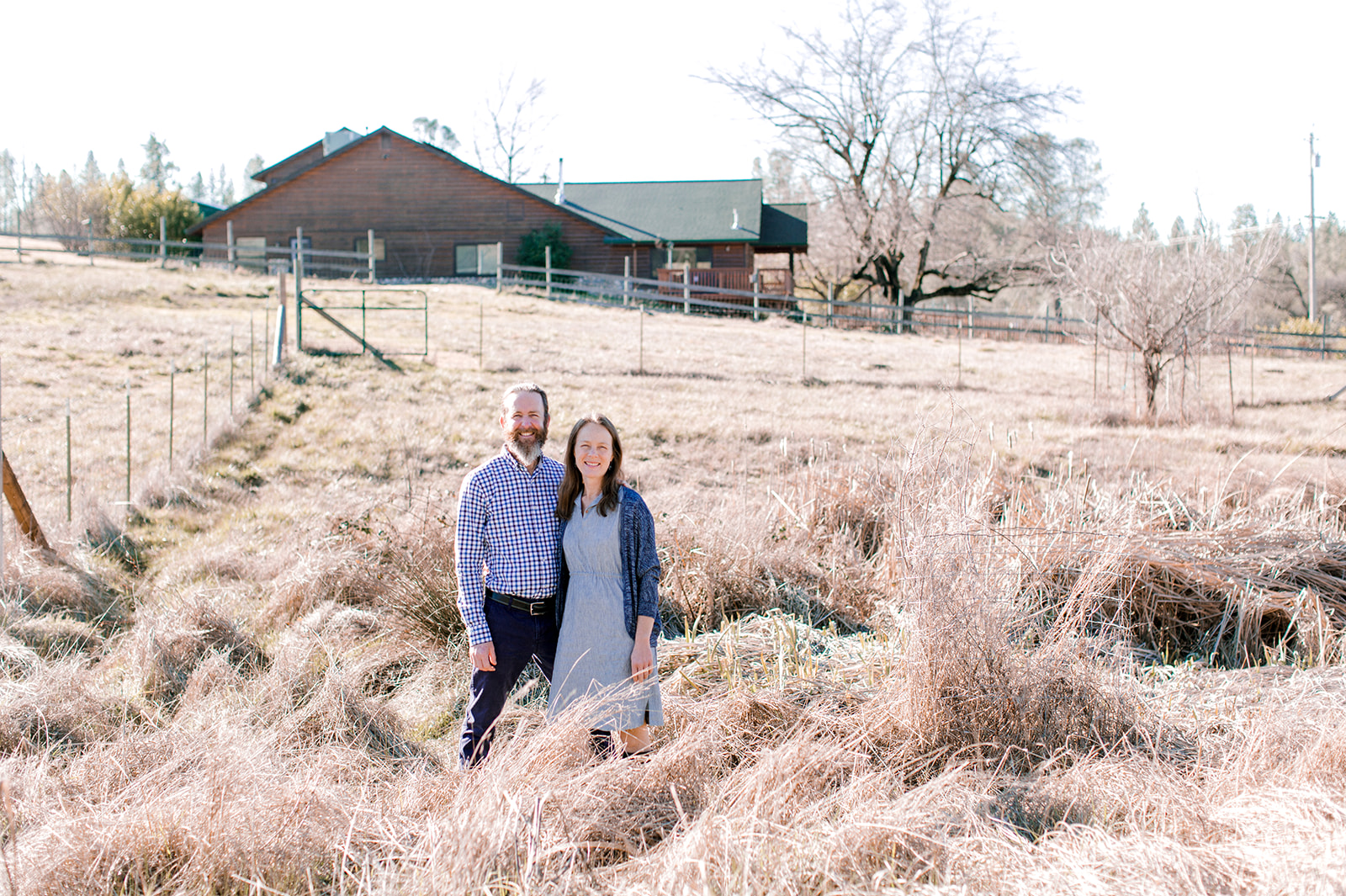
Finally, I found it. Eight acres outside of Nevada City, California, with fields, a creek and pond, barn and fencing, and a sunset view. Sloping southwest, established fruit trees and raised beds would provide a head start for gardens, while a former horse pasture was just asking to be converted into an herb farm. Plus it was just a few miles from the wild and majestic Yuba river.
We visited the property over the summer, and luckily the housing market was slow, so we had months to mull it over. In the meantime, we started researching commercial property for Five Flavors Herbs’ manufacturing. I worked extra night shifts and weekends to help save for a down payment. By the fall, we were pre-approved and were able to purchase Sunset Ranch.
We spent the next year commuting back and forth from Nevada City to Oakland. Our kids were still in school in Oakland, our business and my job were there too, so we spent weekends on the Ranch mostly to keep the grass mowed and the family of deer living under the porch from destroying the orchard. Eventually I found a position at a community health center in Grass Valley, and we leased a warehouse for Five Flavors nearby. In August 2019 we finally loaded up a moving truck. It was 105F when we arrived. The moving crew was hot, but we hooked them up with cool well water and bags full of warm ripe Asian pears. That juxtaposition of abundance and stress continues to shade our life in the foothills.
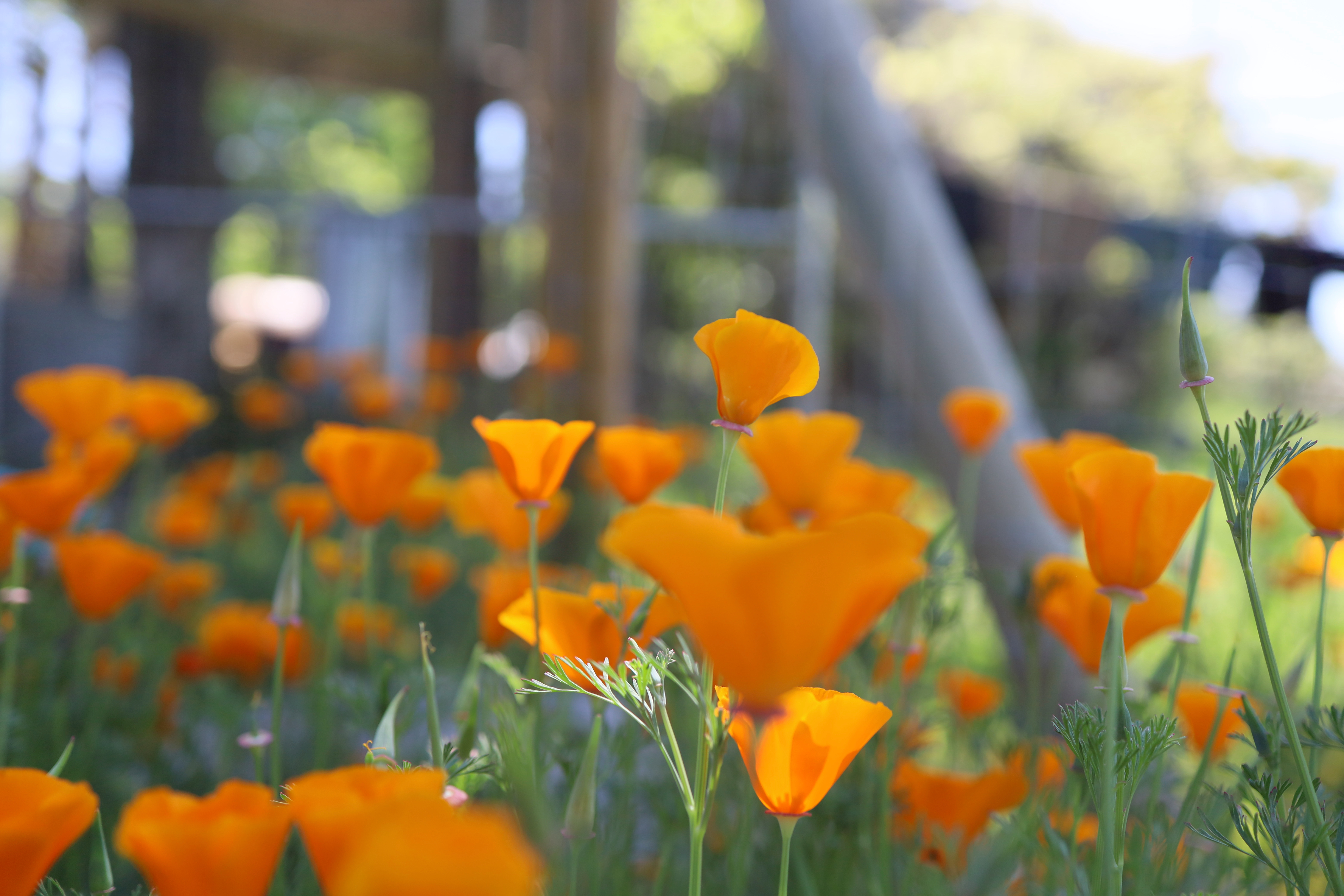
The land we purchased is in occupied Nisenan territory. The road we live on leads to a river crossing used to strip the Yuba watershed of gold, and the nearby woods contain old collapsed gold mines, replete with 100-year-old leather shoe bindings and rusty car parts. The hills are rich with acorn-bearing oaks and medicinal plants we love: yerba santa, grindelia, pedicularis, manzanita, nettle, elder, mullein, and many more. Hawks, eagles, falcons, vultures, and Canada geese circle the sky, and a great blue heron stands one-footed in the pond. Woodpeckers, jays and red winged blackbirds land on fence posts. On clear days we can see rain clouds move in from the coast, or fog lift off the Central Valley below; on windy days, the pines whistle and bend; on rainy days, the tin roof of the barn plinks along. Each day we feel the peace and richness of this place, as well as the pain and destruction that came with its occupation by Euro-American settlers.
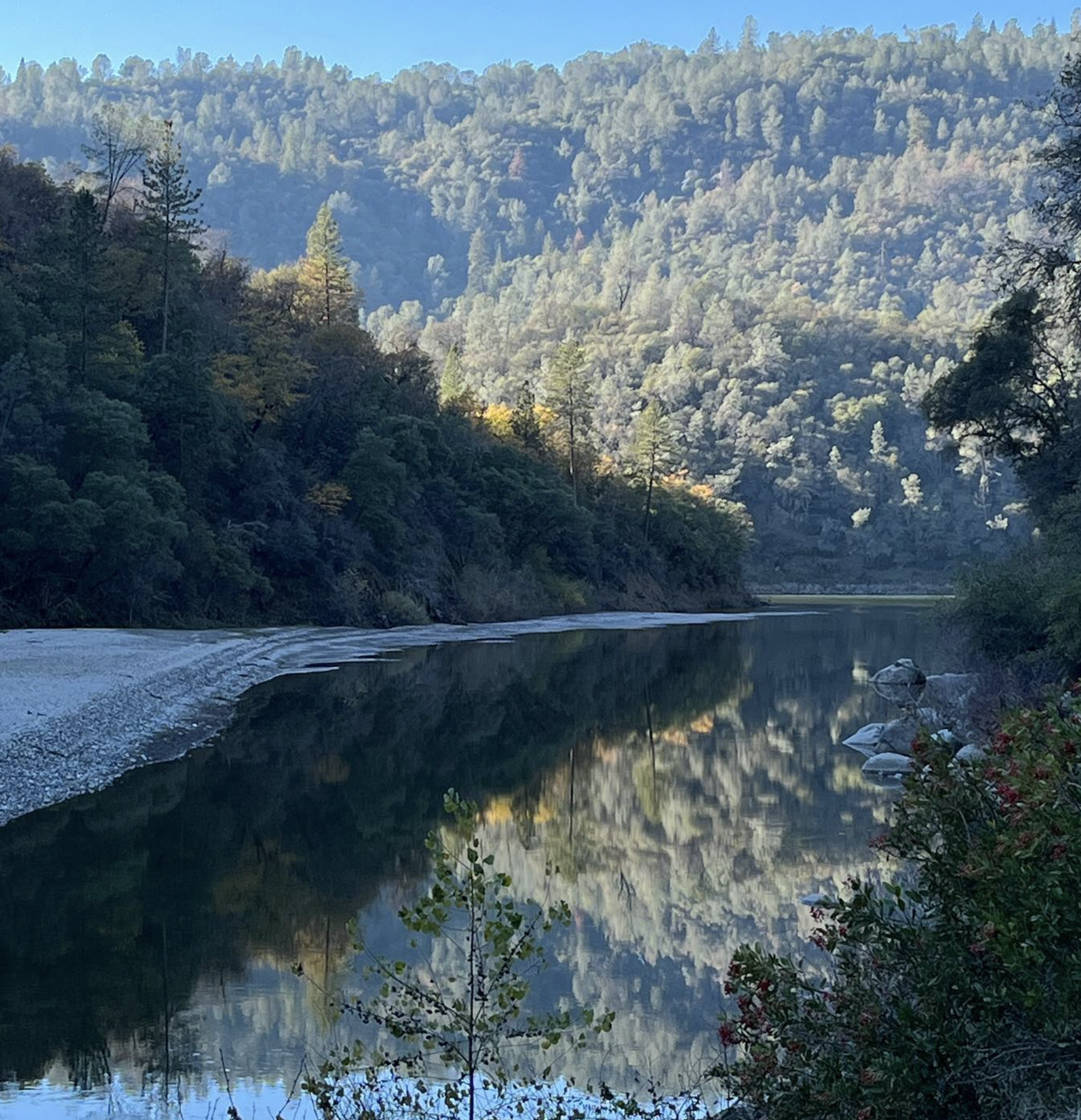
The reality of living here has been complicated by the mounting climate catastrophe. High temps and winds brought weeks of power shutoffs in September and October of 2019. In March 2020, the COVID-19 lockdown left us at home with our kids. We did all the classic covid activities: making sourdough, planting more vegetables than we could eat, and collecting too many animals: dog, cat, milk cow and steer, pigs, goats, sheep, and chickens. We also suffered the stress of trying to teach our kids while working remotely. On the one year anniversary of our move, a lightning storm sparked the first wildfire of the season down the canyon near our house. We evacuated through thick smoke at 5 am, after releasing our animals into the pasture, and crashed at a friend’s house for the week, holding our breaths in the anticipation that everything would be gone. Fortunately all was intact, though coated in a thick layer of soot. The next summer, a seemingly endless cycle of wildfires kept us indoors for most of the summer, with occasional drives to the coast to escape the smoke and heat. Early fall rains brought relief from the constant fear of fire, but a historically dry winter has left us anxious about another fire season in 2022.
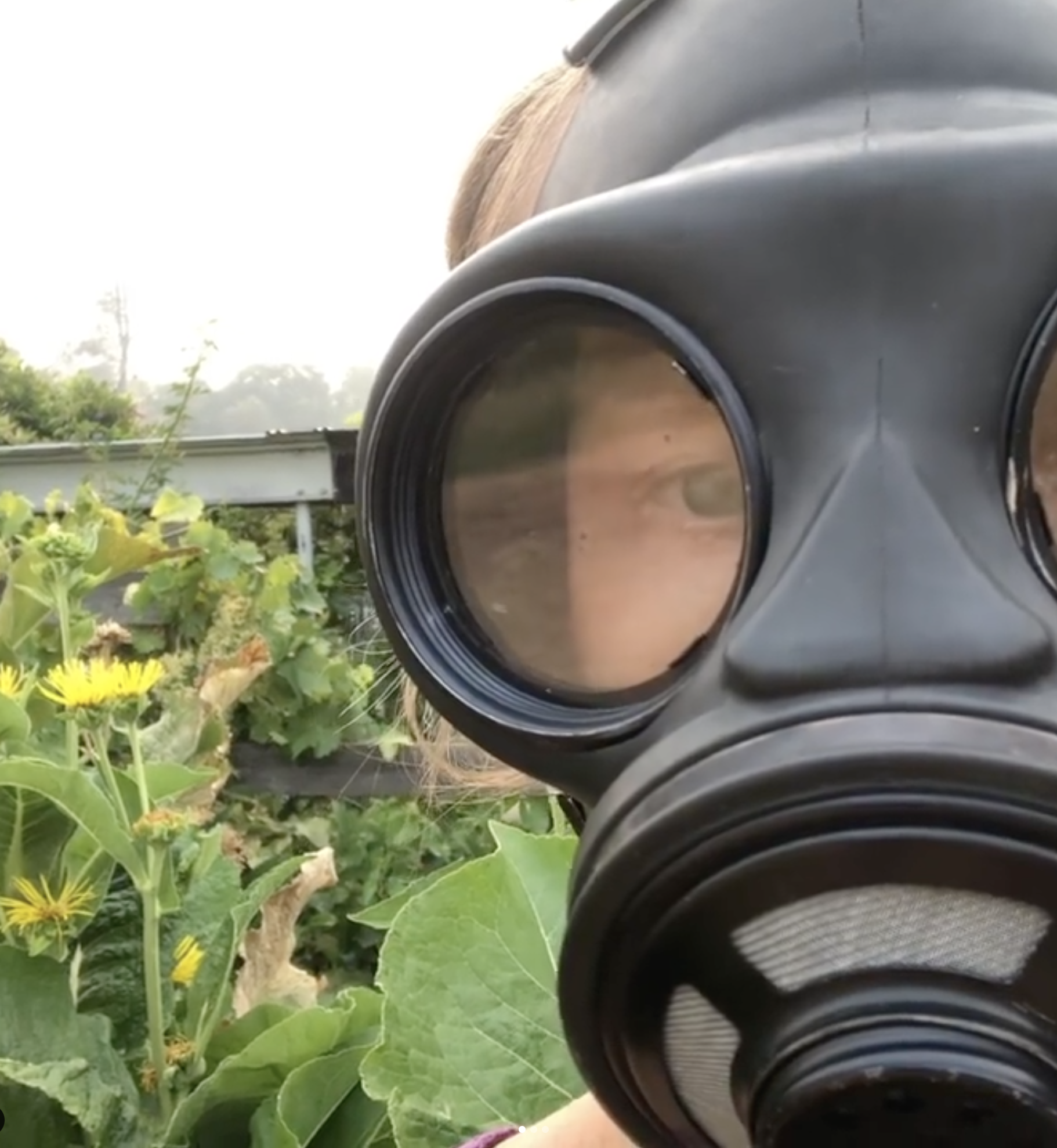
We live each day asking important questions: How will our country come to terms with its historical and contemporary practice of racism and genocide? How will our planet sustain our consumption? How will we survive the climate catastrophe? What kind of world will our kids inherit? In the face of these questions, we live each day with a commitment to being happy, healthy, and contributing to making things better with our actions. We raise sheep who help keep the grasses low, and in turn they feed us with meat and our soil with manure. We plant vegetables and fruit trees to fill our plates and share with neighbors. We grow medicinal herbs for Five Flavors Herbs, to close the distance between raw materials and finished product, ensuring the most vibrant botanicals become our medicine. We vote in local elections and participate in local efforts to protect the Yuba River watershed and stop the renewal of extractive mines. We donate to the Nisenan tribe monthly, to help them regain tribal recognition and get #landback.
We hope sharing some about our not uncomplicated project of rural living provides some hope, inspiration, and humility for our Five Flavors Herbs community.


